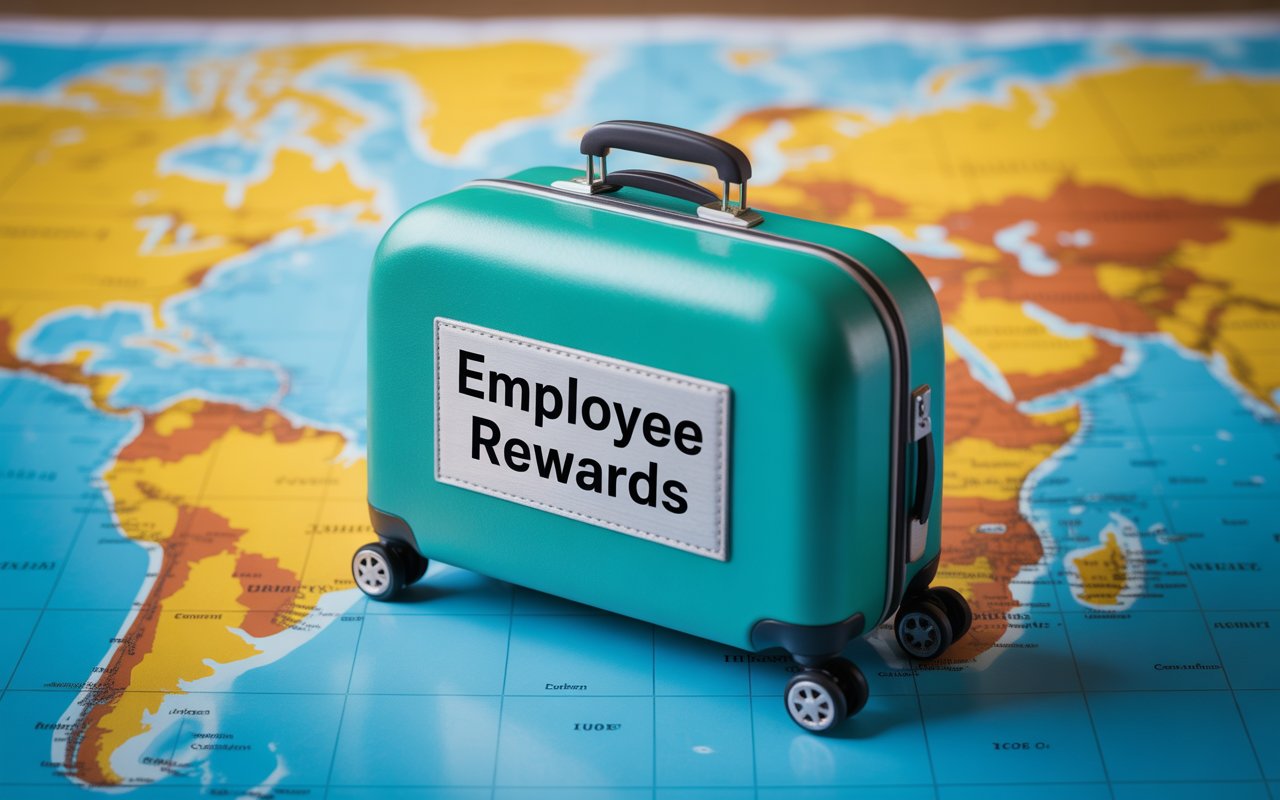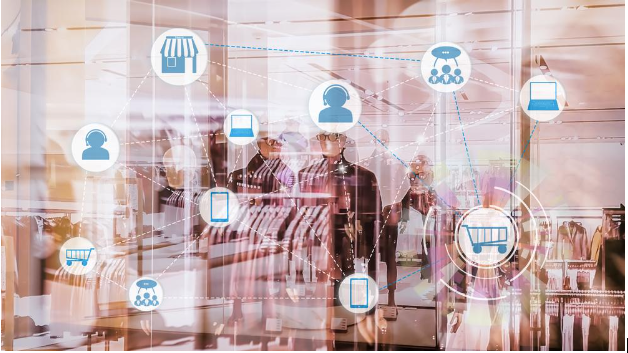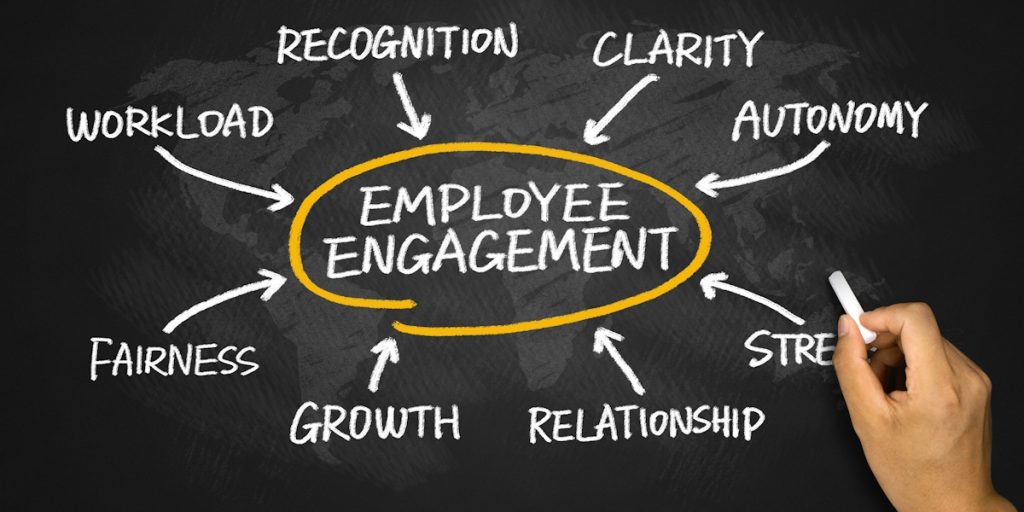Offering rewards to employees is not just about saying “thank you” — it’s about creating meaningful connections. Travel incentive psychology explains why experiences often have a deeper impact than cash bonuses or material gifts. When employees are rewarded with memorable trips, the emotional response is far stronger, making them more likely to feel valued and loyal to the company.
Unlike material rewards that may fade in memory, experiences such as travel incentives trigger lasting positive feelings. These experiences connect directly to the brain’s reward system, making employees associate their workplace with joy, recognition, and appreciation. This emotional tie is what transforms a simple reward into a loyalty-building strategy.
How Travel Incentive Psychology Works
The idea behind travel incentive psychology comes from behavioral science, which shows that people value experiences over things. When an employee goes on an all-expenses-paid trip, they attach the memory of that trip to the employer who provided it. This creates emotional motivation that boosts long-term loyalty.
Travel-based rewards also play on the principle of anticipation. The time leading up to the trip is filled with excitement, making the reward last even before it begins. After the trip, the memories serve as constant reminders of the company’s appreciation. This combination of anticipation and memory is a powerful driver of employee engagement.
Why Travel Rewards Strengthen Employee Loyalty
Workplace psychology proves that recognition is essential for retaining talent. Travel rewards go beyond recognition; they create personal connections. Employees feel the company has invested in their happiness, not just their output.
When an organization offers Benefits of Offering Travel Incentives, it shows an understanding of employees’ emotional needs. This human connection results in:
- Higher retention rates
- Improved morale
- Better teamwork
- Greater employee advocacy
Experiential Rewards vs. Material Rewards
Material rewards, like gift cards or gadgets, may be appreciated but are often short-lived in impact. In contrast, experiential rewards — especially travel — create shared stories and long-term emotional bonds.
Experiential incentives tap into human psychology by fulfilling personal dreams, offering novelty, and providing social value when employees share their experiences with colleagues, family, and friends.
The Role of Non-Monetary Incentives in Motivation
Non-monetary employee rewards like travel are powerful because they avoid blending into everyday expenses. A cash bonus might be used for bills and quickly forgotten, but an incentive trip feels special and personal.
By connecting the reward to positive emotions rather than financial transactions, companies can create stronger loyalty ties. This approach aligns perfectly with employee retention strategies that focus on emotional connection.
How to Implement Effective Travel Incentives
To maximize the effect of travel incentive psychology, companies should:
- Personalize the experience — tailor trips to employee preferences.
- Celebrate achievements publicly — boost motivation and inspire others.
- Maintain fairness — ensure everyone has the chance to qualify.
- Communicate clearly — build anticipation and excitement before the trip.
These strategies ensure the reward is memorable and impactful, leading to higher engagement levels.
Long-Term Impact on Company Culture
Over time, incentive travel programs help build a culture where employees associate hard work with positive outcomes. This link creates a ripple effect — motivated employees inspire others, teamwork improves, and company loyalty strengthens across departments.
The lasting memories from travel incentives act as ongoing reminders that the company values its people. When employees feel recognized in such a meaningful way, they are more likely to go above and beyond in their roles.
Final Thoughts
Travel incentive psychology is more than just rewarding performance — it’s about creating emotional connections that drive loyalty. By focusing on experiences that matter, companies can foster deeper engagement, stronger retention, and a culture built on mutual appreciation.
Want To Boost Loyalty With Unforgettable Travel Rewards?




